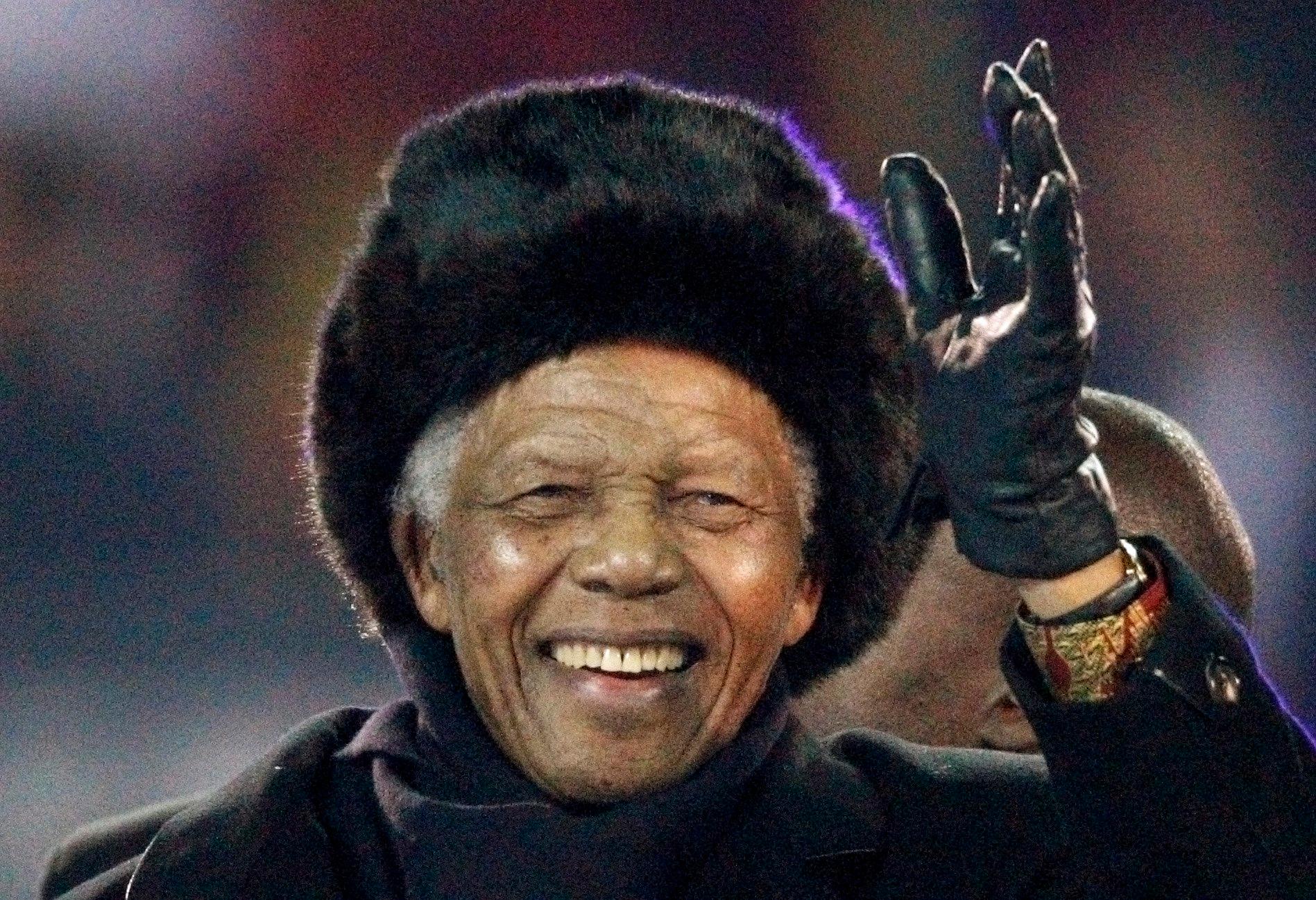With Mandela, the unsurprising is still a shock
Former South African President Nelson Mandela waves to the crowd at Soccer City stadium during the closing ceremony for the 2010 World Cup in Johannesburg July 11, 2010.
I was drifting off to sleep when my cell phone screen lit up.
“We may want to talk to you about Mandela,” said a message.
Semi-lucid, I typed “Mandela” into my phone’s web browser. But I already knew what I was about to find.
Nelson Mandela was dead.
The abruptness of being suddenly awoken only added to my shock. After months of hearing that Madiba — as he is affectionately known here — was in “critical but stable” condition, the country seemed to have adjusted to a new reality. The father of South Africa was ill, but he was still with us. We could learn to live with that.
Together with thousands of others, I made the long walk from my bed to the nearest television, blanket in hand. I heard the voices of South Africans struggling to accept the news. I saw President Jacob Zuma making a solemn announcement from behind a podium.
“Today, South Africa has lost its greatest son,” he said.
Meanwhile, images and sounds of Mandela — young and old, but always dignified and radiant — filled the screen.
And I couldn’t help but notice how perfect the coverage seemed. Every obituary, every remembrance, looked and sounded just right. Every detail of Mandela’s iconic life was delivered with the right combination of respect and somberness. It felt like the coverage of someone who had passed away not hours, but years before. Clearly, this was a moment news organizations — and the country — had long prepared for.
And yet, it still seemed impossible. Mandela, the father of South Africa, couldn’t actually be dead, could he?
Along with millions of others, I rubbed my eyes and looked again before trying, unsuccessfully, to go back to sleep.
The article you just read is free because dedicated readers and listeners like you chose to support our nonprofit newsroom. Our team works tirelessly to ensure you hear the latest in international, human-centered reporting every weekday. But our work would not be possible without you. We need your help.
Make a gift today to help us reach our $25,000 goal and keep The World going strong. Every gift will get us one step closer.
